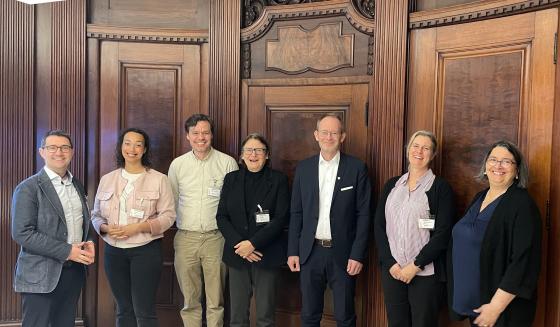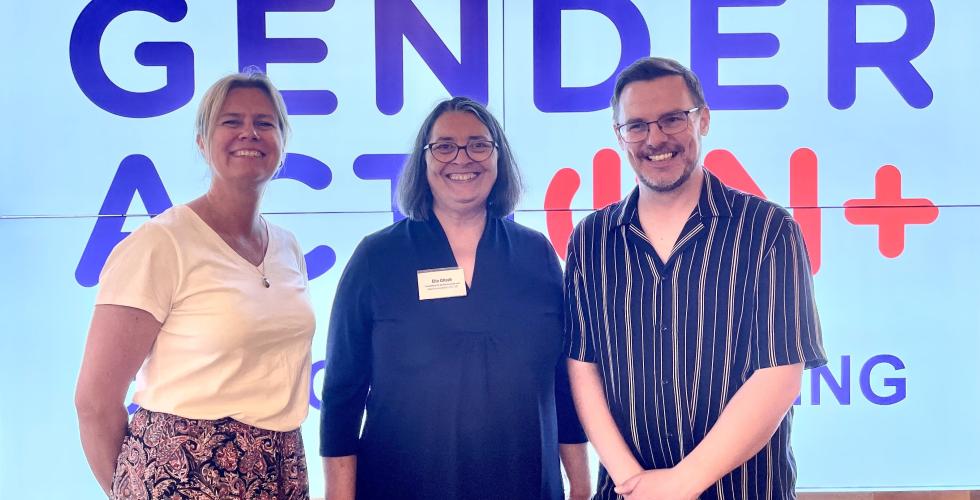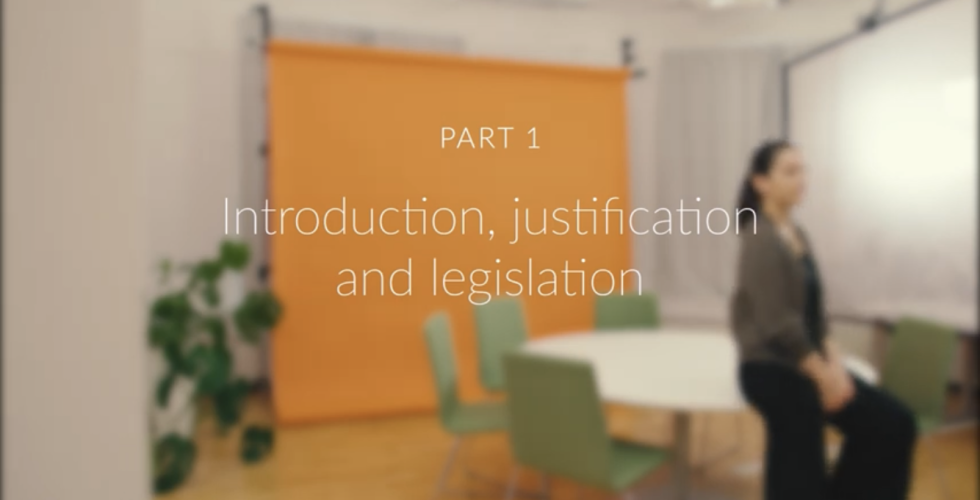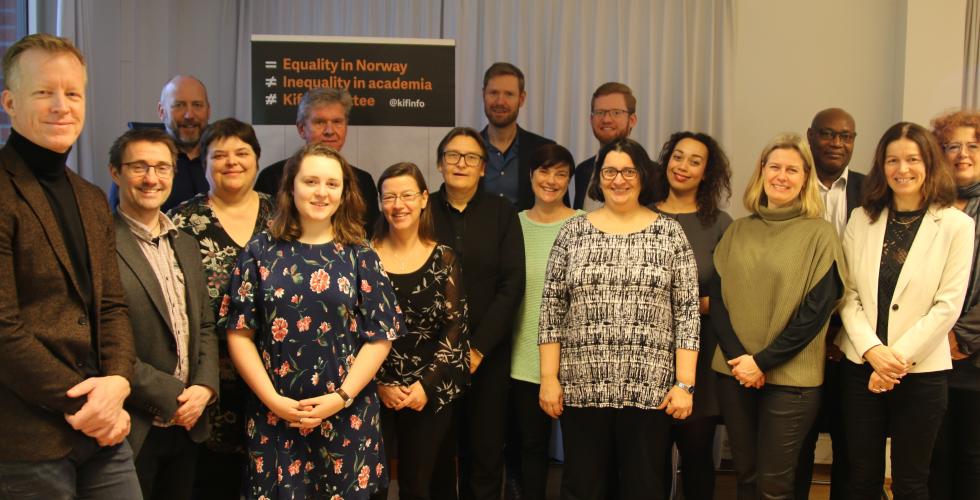The KIF Committee is 20 years old: Beyond adolescence but still some way to go
This year marks 20 years since the first KIF Committee was established. Kifinfo has spoken to three people who have been key to the committee's work during the last ten years.
The current chair of the KIF Committee Ragnhild Hennum, the former committee chair Curt Rice and long-time senior adviser in the secretariat Heidi Holt Zachariassen share a commitment to greater equality in academia. They describe the struggle for equality and diversity within Norway’s universities, university colleges and research institutes as a battle being fought on a constantly changing battlefield and without a final victory as its goal.
“The important thing is to remember why we’re doing it, to understand the bigger picture while also focussing on the details,” says Ragnhild Hennum, Chair of the Committee for Gender Balance and Diversity in Research (KIF Committee).
“The reason the KIF Committee exists is because of the ongoing effort to ensure that gender, ethnicity and social background do not stand in the way of a career in academia."
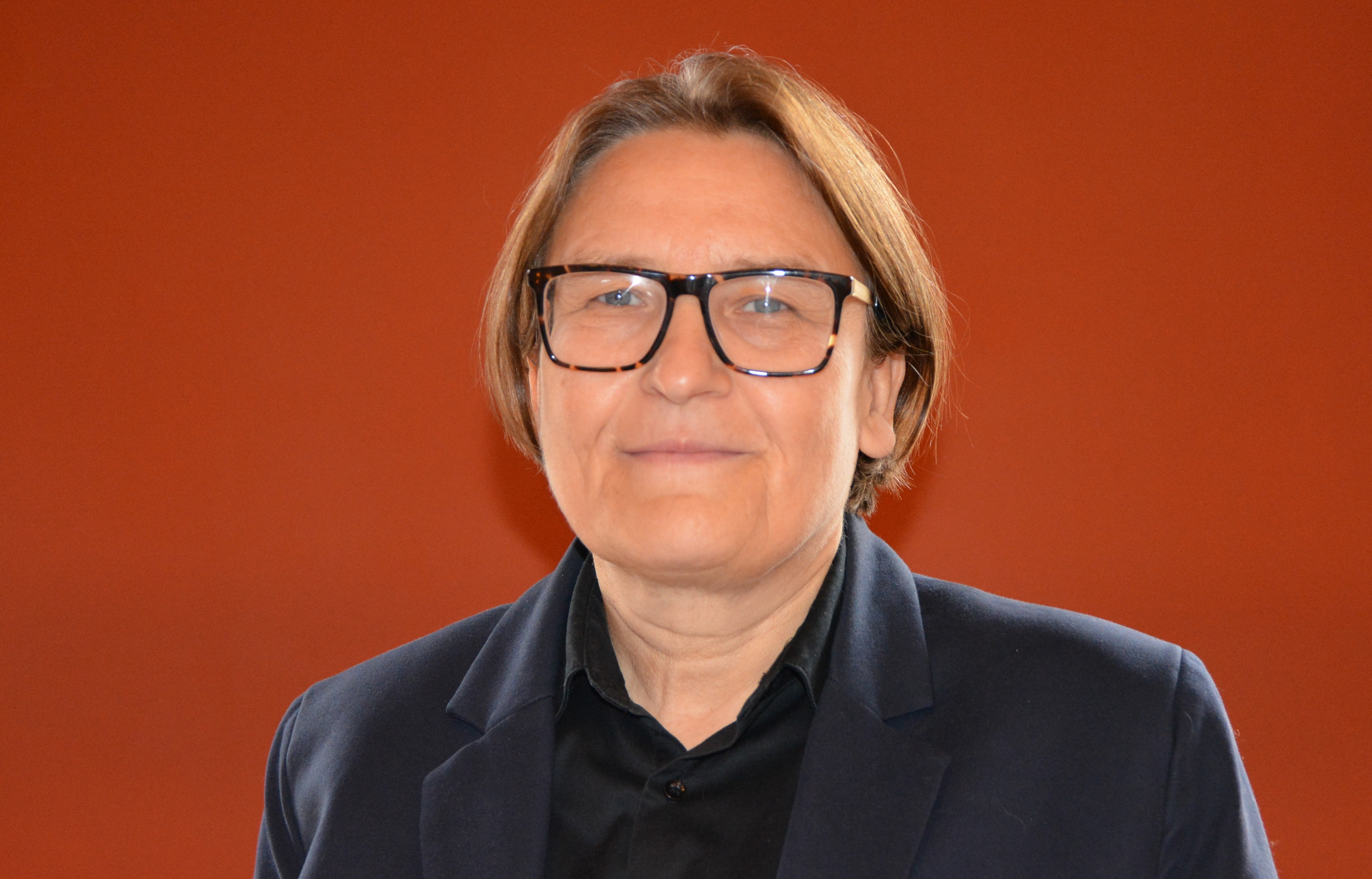
Fewer and fewer left behind
A telling example of this is how the meaning of the three letters "KIF" has evolved in line with society at large. In 2004, KIF stood for “kvinner i forskning” (women in research), then changed to “kjønnsbalanse i forskning” (gender balance in research) in 2010, and then to “kjønnsbalanse og mangfold i forskning” (gender balance and diversity in research) in 2014.
The Committee's mandate has also gradually expanded. In 2022, “diversity” went from meaning just ethnic diversity to also include social background and class. In the wake of the MeToo movement, the committee's work on sexual harassment in academia gained momentum, much like other debates on inequality and injustice in society have shaped the committee's work.
“I think it’s been a fairly natural development that reflects a greater diversity in academia. There aren’t just white, middle-aged women like me there now – women and men in academia have different ethnic backgrounds, sexual orientations, religions and social backgrounds,” says Heidi Holt Zachariassen.
“Working with ethnic diversity encompasses both top foreign researchers working in Norway as well as those who are Norwegian-born to immigrant workers and refugees. As such, social background plays a significant role,” she adds.
Just as the Committee turns 20 years old, Zachariassen will be marking her own anniversary with KIF. She has worked in the committee's secretariat for the past ten years but is now clearing her desk and preparing to continue her work on equality at the Ministry of Defence.
“Has the broader mandate been supported by increased budgets and resources?”
“One thing we’ve been very concerned about and that requires more resources is the development of knowledge in the field. There is often a lack of research and statistics. We possess a great deal of knowledge about gender balance, but know less about ethnicity and social background.”
“In order to obtain a sufficient knowledge base, we need more funding for research in these areas.”
During the ten years she has worked in the KIF Secretariat, one of Zachariassen's duties has been to represent the Ministry of Education and Research in the European Research Area (ERA). She has also led a work package in "GENDERACTIONplus", a project that is part of the EU's research and innovation programme Horizon Europe. She has worked in particular with intersectionality, which she believes is an important approach for understanding and combating discrimination and differential treatment in the sector in which KIF works.
Read about the project in the news article: At the start line for a broad understanding of equality
“What exactly is intersectionality?”
“Simply put, it describes how different types of discrimination interact. For example, a black woman may be discriminated against as a black person, as a woman, and also as a black woman.”
“Working with intersectionality has led us to think about people in our sector more holistically and represents a significant development over the last few years. We’ve gained strong momentum from European research policy,” says Zachariassen.
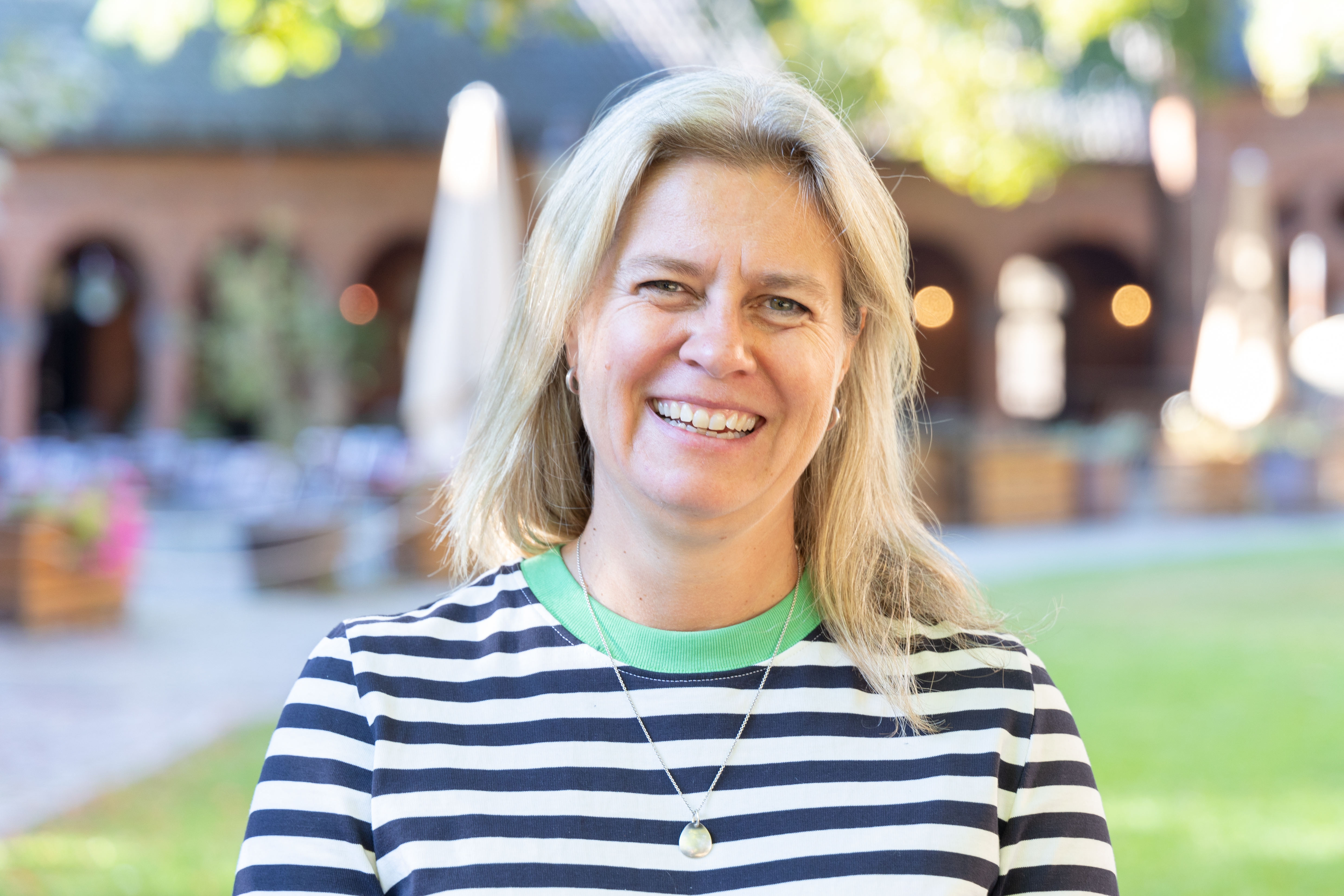
American imports
“I enjoyed my time as the chair of KIF and felt we were doing something worthwhile. There was a great deal of expertise in the committee and an excellent secretariat. I’m grateful to have had the opportunity to lead that work,” says Curt Rice.
Rice chaired the committee from 2014 to 2022. He describes the period as having many positive developments in the areas in which KIF works, drawing particular attention to the fact that the EU introduced requirements for equality and inclusion plans in order to receive research funding. That was partly as a result of pressure from KIF and its allies across Europe.
“Once that was in place, it was easier for us to approach Norwegian institutions and say: This is the new situation, and as a rector, you can’t just simply accept that people in your institution can no longer apply for funding. You're seriously going to need an equality plan, and we can help you with that.”
Rice's term as chair was also characterised by many American cultural trends making their way across the pond to Europe and Norway, just as Rice had done himself. Movements such as MeToo and Black Lives Matter helped raise awareness about equality and discrimination, but Rice is concerned about an unforeseen backlash.
“The word ‘woke’ initially had positive connotations but is now a buzzword used by the right-wing to imply that some people want to favour certain groups based on criteria that are not relevant. Right-wing groups that are critical of equality and diversity have become more prominent in recent years.”
“Has it become more acceptable to be critical of KIF's work?”
“Yes it has, and perhaps particularly when it comes to ethnic diversity, but also gender equality. When quotas were introduced in public and private boardrooms, some saw it as a provocation. Those people are now less hesitant to speak up about it,” says Rice.
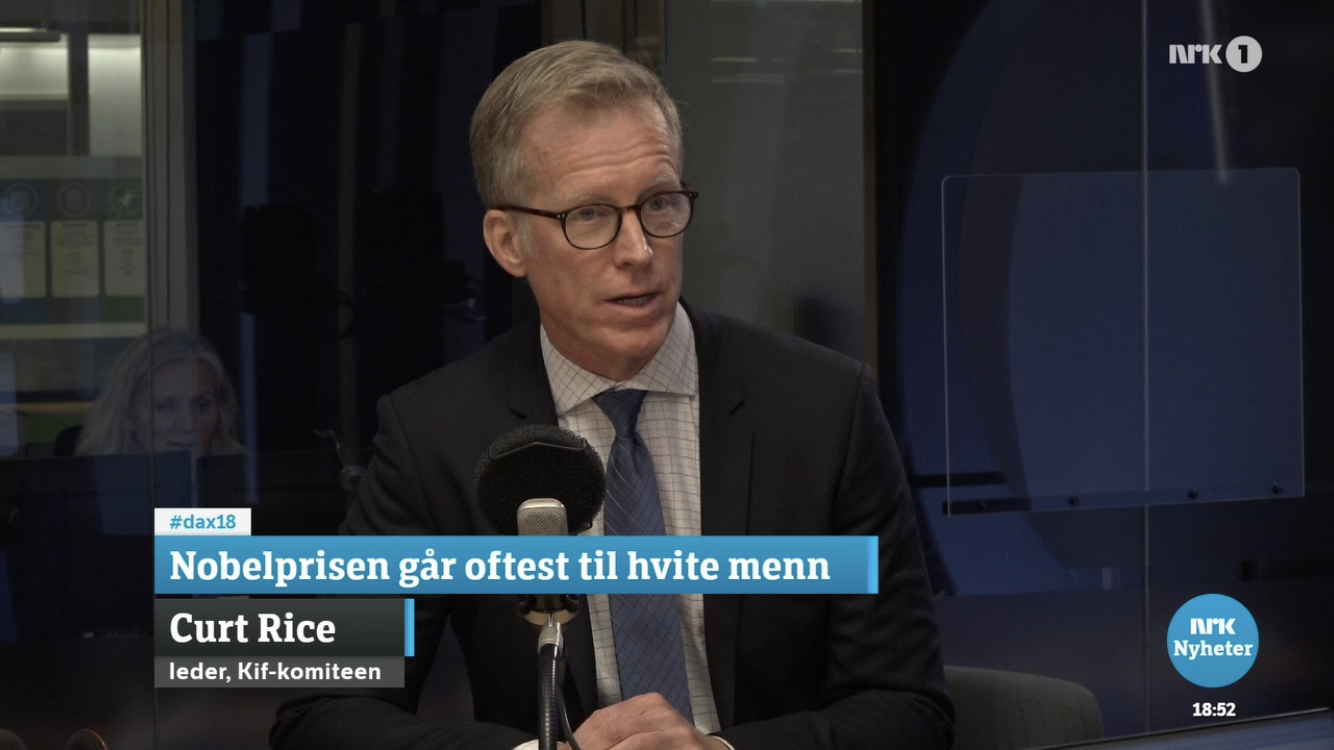
Read the news article: Curt Rice wants just as many female as male Nobel candidates
“Dialogue is our sharpest weapon”
Chairing the KIF Committee is an office – not a job. The current chair, Ragnhild Hennum, is the Dean of the Faculty of Law at the University of Oslo (UiO), and Curt Rice was the rector of Oslomet during most of his time as chair.
Hennum admits that things can be hectic, and explains that chairing KIF as a side responsibility is actually by design.
“It’s essential that those sitting on the committee have experience and a presence in the sector. It provides them with a better understanding of the issues and challenges, and how to communicate with others in the same situation,” says Hennum.
“I also find that the University of Oslo understands that KIF's efforts target the sector as a whole, so there is internal acceptance in terms of working with the KIF Committee.”
“In addition, it’s important to emphasise that the KIF Committee has a very proficient full-time secretariat that does an excellent job carrying out KIF’s day-to-day work.”
Hennum, Rice and Zachariassen feel that the research and education sector is positive to the KIF Committee's work, and that progress is being made. For example, between 2012 to 2022, the proportion of female professors in Norway increased 12 percentage points to 36 per cent.
However, when the EU’s threat to withhold research funding became such an effective tool for establishing action plans for gender balance, it raises the question of whether it would be a good idea for KIF to have its own sanctioning tools.
Hennum is sceptical to that idea.
“Our sharpest weapon is dialogue and awareness. It would be wholly inappropriate if we had any formal authority over the sector,” she says.
“Why?”
"As dean, I am the one who should be held accountable in the event of any violations of the rules at the Faculty of Law. When I have that responsibility, I also need the authority to enforce the rules. That authority cannot be held by someone outside of the formal chain of command. It’s essential that research and higher education institutions are autonomous.”
“Norway has a national audit office and that’s not what KIF is. We are a knowledge bank, a driving force and a dialogue partner for the sector.”
“It’s appropriate that that’s the case, but it is also a limitation. It's challenging for KIF, but it can’t be done any other way,” she adds.
A spoke in the wheel of equality
After ten years in the KIF Committee's secretariat, Zachariassen has a good understanding of how the Committee functions in practice, both internally and externally. Not least, she has gained a plethora of experience of how we should work and think in order to persevere when part of a relatively small group – the KIF Committee, which uses "dialogue as its sharpest weapon” – that has been tasked with combating gender discrimination and racism in an enormous nationwide sector.
“What's the most important piece of advice you would give to your successor, the person taking the reins together with Ella Ghosh in the KIF Secretariat?"
“It’s essential to acquire a good network of co-conspirators, both in Norway and abroad, and to take the time to stay updated in the field. It’s also important to celebrate small victories along the way, while also maintaining a long-term perspective,” Zachariassen replies and adds:
“We don’t succeed with everything we do, but we slowly move towards the goal of a more diverse sector. It’s not a goal we will achieve in its entirely and there will always be work to do, but that doesn’t mean we can’t make an important difference.”
Curt Rice believes that in the future, one of the biggest spokes in the wheel of justice will be a lack of funding and the subsequent cuts to full-time positions.
“With the current financing situation in the sector, I wouldn't be surprised to see more part-time positions in the future. Experience suggests that this will impact women harder than men,” he says.
“All in all, the KIF Committee needs to ensure that the consequences of budget-driven restructuring are made clear, as they may in different ways impact the groups with which the Committee is concerned.”
During her remaining time in the committee, the current chair Ragnhild Hennum will closely monitor the implementation of the government's new language requirements, and she believes that will also remain an important issue in the time ahead.
In its action plan for Norwegian academic language, the government establishes that the teaching language norm should be Norwegian or Sami, even when the teacher standing at the podium has another native language.
“This might increase Norwegian language skills, leading to researchers from abroad being better included in the sector and in society. That's what would happen in an ideal world,” says Hennum, who is unfortunately not inclined to believe that this is how the world actually works:
“The sector has said that it will be extremely difficult to implement. It will be interesting to see how things turn out. There is a chance it will lead to fewer good applicants from abroad, and consequently, a less diverse sector.”
Translated by Allegro Language Services.
You can read about the current Committee for Gender Balance and Diversity in Research (KIF Committee) and previous committees on the Kifinfo website.
If you are wondering about the importance of working for gender balance and diversity, see the KIF Committee's arguments for equality.
Here you can read about what the committee does and its members: What is the KIF Committee?
This year marks 20 years since the KIF Committee was first established. The Committee will mark the occasion with a conference that will focus on future equality and diversity themes.
The KIF Committee is holding its 20th anniversary on Thursday 5 December 2024 in Oslo (and online).
Check out the programme (in Norwegian)
